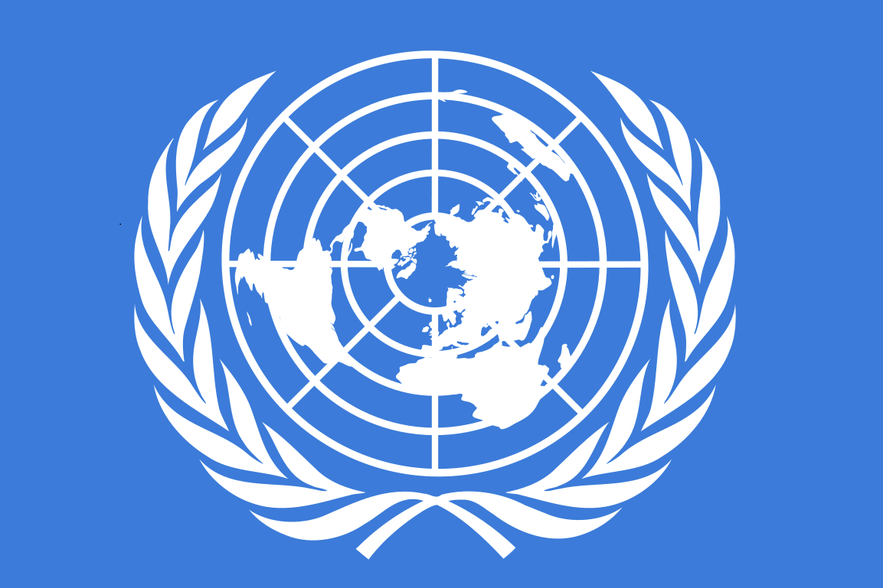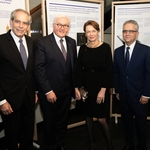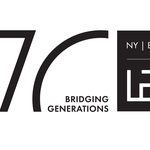LBI Contributes Paper to UN Holocaust Outreach Program

- Datum
- Do., 14. Apr. 2016
How has the Leo Baeck Institute contributed to the remembrance of the Holocaust and its victims? What motivated its founders, a group of émigré intellectuals surrounding Martin Buber, Gershom Scholem, and others, to establish an institution that would preserve the history of German-speaking Jewry just ten years after the end of Word War II?
LBI outlined answers to these questions in a recent contribution to the United Nations Discussion Paper Series. As Executive Director William H. Weitzer writes, “When the LBI was founded in the 1950s, it was hardly the result of popular longing to reminisce about the days of German-Jewish symbiosis. Few people were interested in stirring up painful memories of the Holocaust […]. However, the founders of the LBI displayed the courage and foresight to look back, when most cared only to look forward. To these veterans of the effort to protect Germany’s Jewish community, it was their cherished culture, values, and traditions that had given a beleaguered people the resources to organize and struggle against the bleakest of odds.”
The Discussion Paper Series is one of several tools employed by The Holocaust and the United Nations Outreach Programme to foster active remembrance in order to prevent future genocides. Recent contributors have included Steven Spielberg, Eli Wiesel and Lenore Weitzman. Each paper concludes with a number of questions to stimulate reflection and spark discussion.
A related program offers roundtable discussions, film series, exhibitions and other educational resources to help keep the memory of the Holocaust and its victims alive. The Holocaust and the United Nations Outreach Programme was established in 2005 after the General Assembly of the United Nations adopted the Resolution on the Holocaust Remembrance, which also declared January 27 as the annual International Day of Commemoration.
Find the paper Rabbi Leo Baeck and the Leo Baeck Institute – A Response to Nazi Persecution and Displacement and Post-Holocaust Memory by William Weitzer here.
Aktuelles





